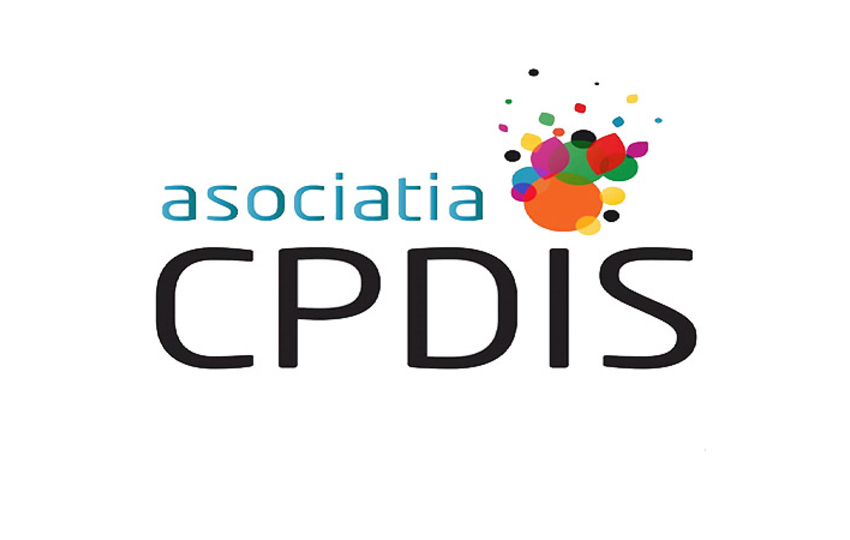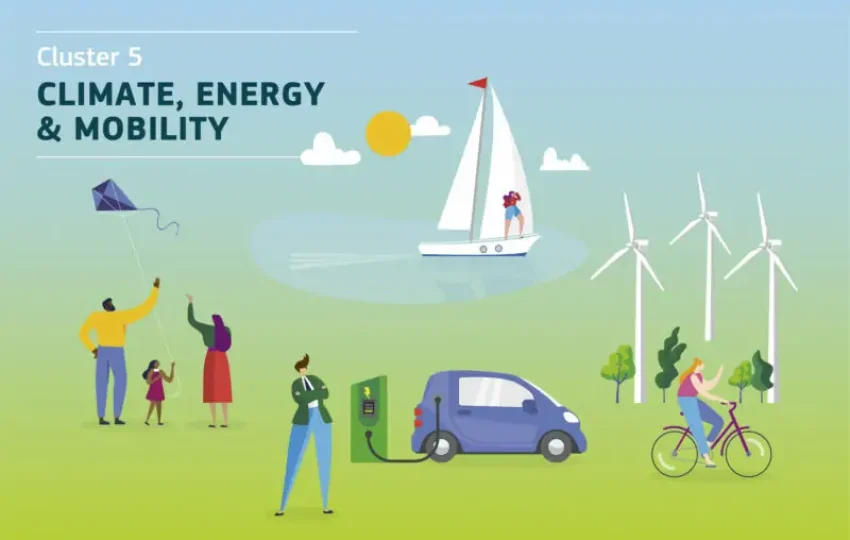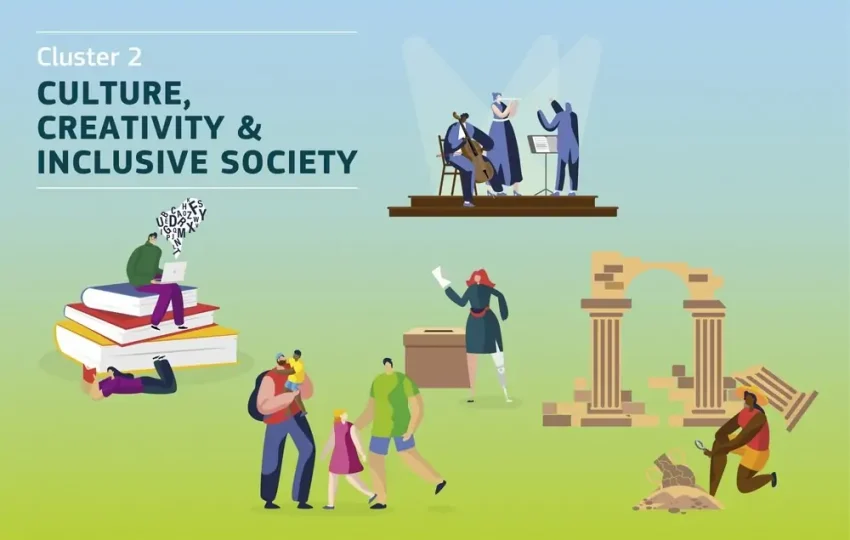1. Give us a few information about your organization
The “Center for the Development of Structural Instruments” Association (CPDIS Association) is a non-profit organization founded in the fall of 2012 that has extensive experience working with young people.
Pursuing this aim, we encourage and promote all those initiatives that, in terms of solidarity and cultural-educational field, allow the interchange of ideas among different cultures, favour the easing of economic imbalances and promote the creation of a true culture of universality.
The goal of this association is to promote and implement non-formal education programs among youngsters. The members of our NGO have various academic backgrounds, and they also have wide experience in the domain of youth projects.
Our mission is to create a community of young people in the local and regional areas stimulated to develop through non-formal education methods. CPDIS supports volunteers who share an interest in entrepreneurship education, video production, sports activities, social involvement, art, creative activities, innovation, education, etc., as a profession or hobby. All this can enrich our experience by exchanging ideas, needs and creativity in different fields.
Our vision is that through non-formal education methods, young people from the local and regional community have personal and professional development; with the help of these methods, young people have the key skills to integrate into the labour market more easily doing what brings them joy.
2. What inspired you to create your organization?
Nine years ago, I was working in a corporate company. I have been in a youth-exchange with one of my best friends, and all the activities and methods inspired me. I really love to learn new things whenever we have mobilities about cultures, youth initiatives, develop new key competence and make new friends. After 4 months, I had my own NGO, and I start to write projects. The start was hard, but then I have made one team of volunteers and youth workers, and now we are motivated and dedicated to our vision. We love working with youth using different non-formal education methods to encourage them to enter the labour market and develop their key competence.
3. What is your field of expertise?
We have experience working with youth age between 18 and 30. We are making our activities using non-formal education methods, following the topic of the project. In the last period, we have also orientated in the adult field, helping them develop soft skills and increase self-trust to take the initiative or enter the labour market.
4. What is your organization’s impact on society?
We have implemented more than 45 projects under Youth In Action and Erasmus+ program, involving more than 1500 youth and youth workers in our projects. We are working with different stakeholders, public authorities, decision-makers, schools and universities that are helping us to develop our projects. We involved youth with few opportunities from rural areas and NEETs in our projects. We are collaborating with different media channels that are helping us with the dissemination of the results.
5. What are some of your most important collaborations on EU Projects?
We have a lot of nice and important Collaborations, especially in the youth field. We cooperate with different NGO from Turkey, Latvia, Italy, Lithuania, Poland, Bulgaria, Greece, Spain and Estonia. Also, we are cooperating with City Hall, Schools, Universities, Stakeholders and different hub youth centres that are helping us in the implementation of our projects.
We are searching for new opportunities and ways to collaborate with different NGO, institutions and freelancers that share our vision.
6. What is something your organization achieved that you are proud of?
We have done a lot of successful projects. Each project has success and positively changes us. Two of them are references. One is about culture, where we have made Erasmus+ anthem with professional singers – and one is about UNESCO heritage.
I am sure that we could make more successful projects and we are full of innovative ideas.
7. What kinds of projects do you want to work on?
We have experience in non-formal education methods, and we believe that this fits different type of programs like Erasmus+, H2020, Erasmus+Sport, AMIF, Active Citizens, Life, EEA Norway grants etc. Our target is to support youth and adults from our local community to get new key competence using different topics like entrepreneurship, inclusion, green activities, cultural experience, leadership, first aid, arts and more.
8. What is it that you are looking for from an EU partner?
We are searching for partners that are sharing our vision. Is important that all the partners be involved and motivated in the development of the ideas. We encourage partners that are at the beginning but are well determined to make things change. We are also looking for partners with experience that could bring plus value to our ideas and be complementary to our activities. We appreciate partners that bring new innovative ideas and are involved in all the stages of the project.
9. How did you get to know the EU calls platform?
I was searching for new opportunities for collaboration and partners, and I found EUCalls platform. A few weeks, I familiarized myself with the platform and liked it, so I decided that it would be better to go on a premium platform.
10. Why did you choose the EU calls platform to assist you with your work?
To facilitate communication between partners.
11. Is there something else you wish to add regarding your organization?
Not for now.
12. Are you satisfied with the EUcalls services?
I would like more interaction and matchmaking possibilities between members according to their experience and program opportunities. Maybe the interface could be more user-friendly and to give us more opportunities to find the right partners.
13. Would you recommend Eucalls to others?
Yes, for sure. I already have a few friends that are using EUcalls.





